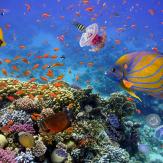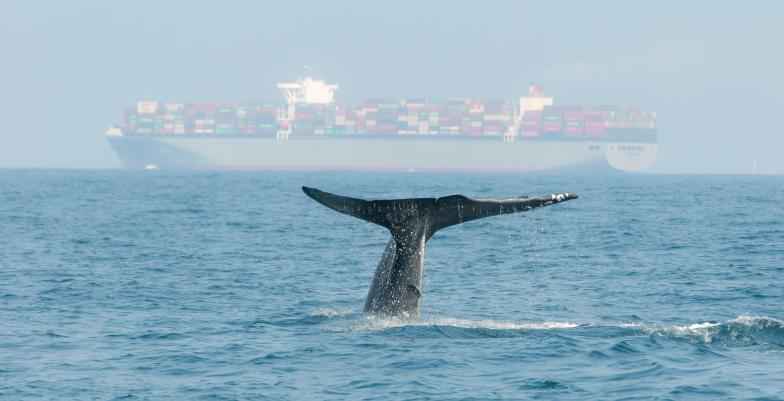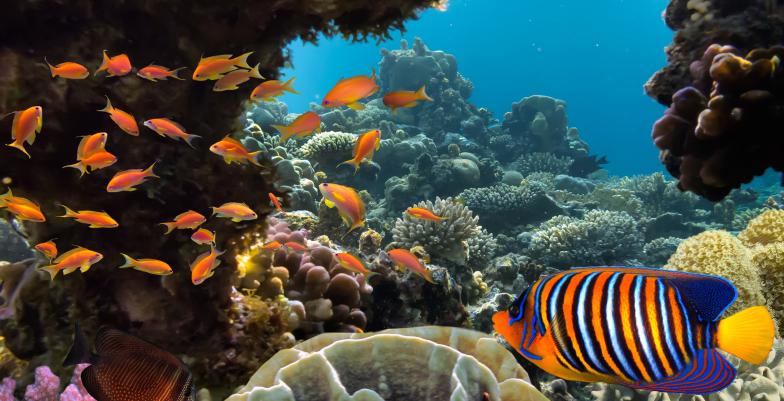International Ocean Governance
In 2016, the EU was the first economy in the world to develop an IOG agenda and commit to a safe, secure, clean, healthy and sustainably managed ocean. On 24 June 2022 a new IOG agenda was launched, addressing the points below, among others.
1. Fighting climate change, environmental degradation and marine pollution
Fighting climate change and environmental degradation are among the top EU political priorities. The ocean is embedded in the European Green Deal and in the vision for a stronger Europe in the world and is a global issue requiring a multilateral response.
The Convention on Biological Diversity (CBD)

The decline of the ocean is accelerating as unsustainable human activities and their harmful impact continue to degrade the ocean leading to profound changes with the risk of reaching tipping points. The ocean’s state of emergency is also echoed in the limited delivery of relevant global commitments, notably the Aichi Targets under the Convention on Biological Diversity (CBD) and the UN 2030 Agenda for Sustainable Development and its Sustainable Development Goal 14.
Biodiversity Beyond National Jurisdiction (BBNJ) Treaty

A pivotal step towards the sustainable use of the ocean and the protection of its biodiversity is the landmark agreement on a new Treaty of the High seas. The legally binding Biodiversity Beyond National Jurisdiction (BBNJ) Treaty or High Seas Treaty was agreed under UN auspices on 4 March 2023 in New York. The BBNJ Treaty is also a milestone success story for the international rule-based order, consolidating the importance of oceans in multilateral green cooperation and dialogue globally.
Fighting climate change, environmental degradation and marine pollution

Marine pollution knows no borders and affects us all. Be it plastic waste or oil spills polluting our oceans the EU is committed to addressing the global challenge of marine pollution. From participation in international treaties to EU-wide legislation, a range of anti-pollution services and national and regional funding, the EU is tackling the causes of marine pollution.
2. The ocean amongst the world’s foremost geopolitical arenas
The ocean is amongst the world’s foremost geopolitical arenas as shown by the recent increase in tensions in the Eastern Mediterranean and the South China Sea, with Member States calling for respecting territorial integrity and navigational rights as well as for a peaceful dispute settlement. Russia’s military aggression against Ukraine is affecting the global stability and the security of the Black Sea region and is raising concerns about its maritime implications.
3. Ocean prominence in international debates
The ocean has become more prominent in international debates on climate and biodiversity as well as the seafarer crisis, exacerbated by the COVID-19 pandemic, which highlighted the importance of the social dimension, of decent working and living conditions for seafarers.
With the largest combined Exclusive Economic Zone in the world and considering the above-mentioned developments, it was essential for the EU and its Member States to reaffirm and update their commitment towards an improved ocean governance.





